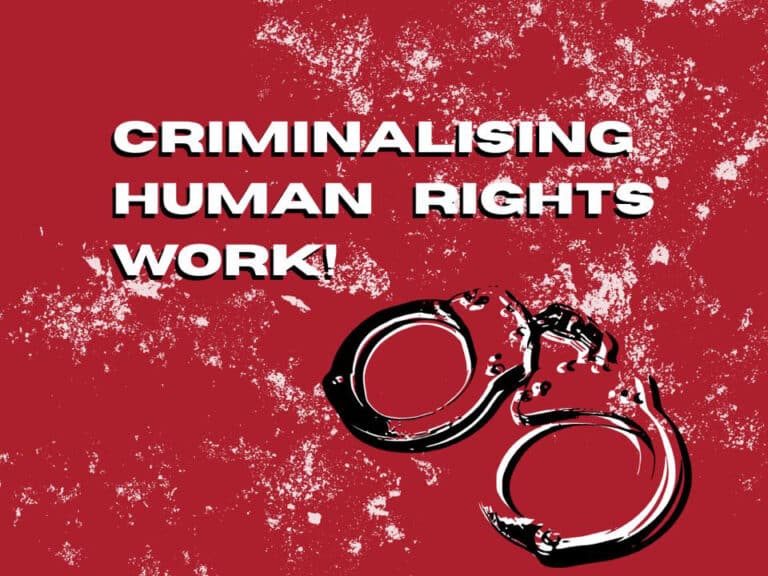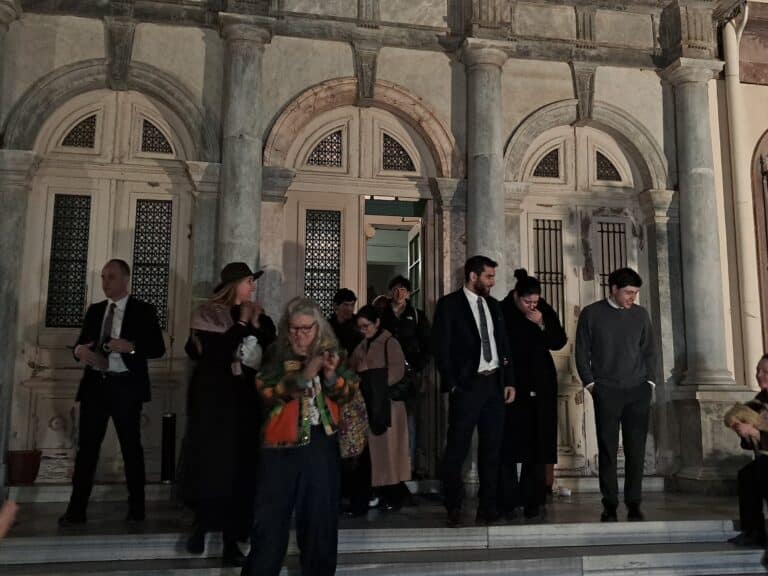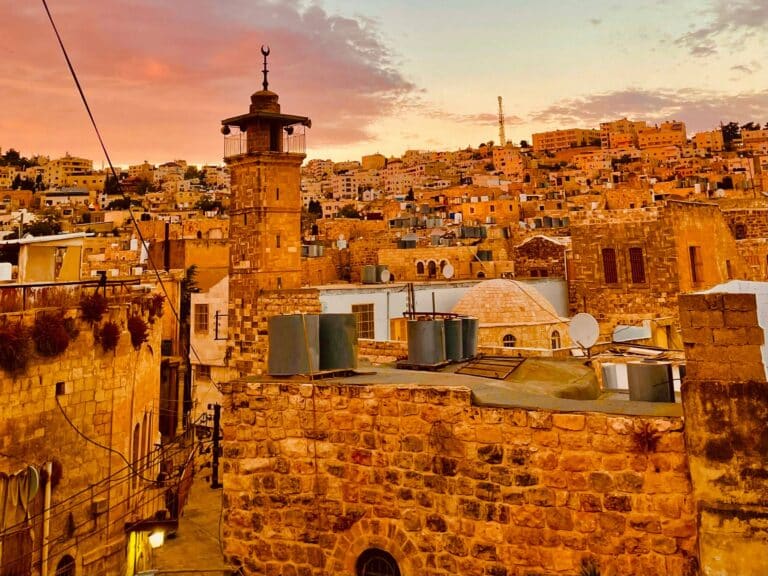CPTnet
10 August 2010
BORDERLANDS: Clandestine journeys to the periphery
by Rosemarie Milazzo
When the international president of Médecins Sans Frontières accepted the Nobel Peace Prize in 1999, he spoke of the humanitarian aid his group offers the broken world. As part of his acceptance speech he said “Hundreds of thousands of our contemporaries are forced to leave their lands and family to search for work, to educate their children and to stay alive. Men and women risk their lives to embark on clandestine journeys only to end up in a hellish immigration detention center, or barely surviving on the periphery of our so called civilized world.”
Working this summer with CPT partner No More Deaths, I met many who traveled a clandestine journey to the periphery.
I met more deported migrants than last year who say they simply give up. They can endure no more clandestine trips in the desert, no more frightened lives in our land of liberty.
Immigration and Custom Enforcement (ICE) has become more diligent in their search…appearing in schools, noon day Mass at the Catholic Church, checking passengers in cars and appearing in work places.
One migrant spoke of the number of Homeland Security agents he had to pass through before he even saw Immigration Officials. “Who is paying all these salaries?” he asked.
Another spoke of seeing a person in the desert, not sure if he was sleeping. He called “paisano, paisano.” When there was no answer, he threw some rocks to wake him, but there was still no movement. He sadly moved on his clandestine journey, leaving a dead person behind in the desert.
One young woman sobbed uncontrollably as she told us that she had lost her husband in the desert. His feet were torn by thorns and blisters and bleeding. He could not keep up and she heard him call out “Don’t leave me”. The coyote would not allow her to go back as it was too dangerous to delay. He assured her that the others were helping him along. When she broke loose and ran back, he was not with the group. She turned herself in to the Border Patrol and went back to search for him. He was no where to be found and she came back to Mexico without him. She told us that in her dreams, she hears him call, “don’t leave me….”
I wondered about our “civilized world” as I walked through a border crossing point, watching the U.S. agent pull aside one man. He led him into a nearby room where I watched a gloved agent move towards him, his shoes flying across the room past another young man shackled to a chair.
I touched the periphery of our civilized world in the Tucson courtroom in the judicial process where five days a week, 70 migrants are led in, hands and feet in shackles, presumably guilty before being found innocent.
How many more lives are we placing on the periphery?



